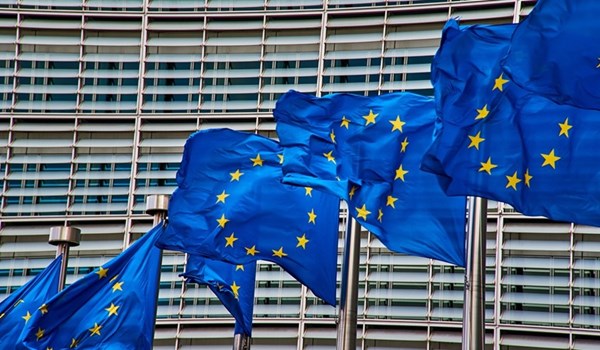Jurisdictions
Regions
Industry Sectors
12/09/23
INTERNATIONAL TAX: Brussels drops tax plan to distribute multinationals’ profits across EU

As published on: politico.eu, Tuesday 12 September, 2023.
The European Commission is dropping a plan to reallocate multinationals’ profits among European Union countries in a new framework for taxing large corporates at EU level due Tuesday, according to draft proposals obtained by POLITICO.
Commission President Ursula von der Leyen last year pledged “a single set of tax rules for doing business in Europe.”
The EU executive originally wanted to go for “formulary apportionment,” or a formula splitting the total pre-tax profit earned by multinationals between the jurisdictions where it does business based on where value is created.
But that option received a lot of pushback from countries afraid of losing tax revenue. Countries with comparatively low corporate tax, like Ireland or Lithuania, would miss out on the tax bill of large companies that benefited from booking profits with them, instead having to file their tax returns where they make their sales, or where they keep most of their workforce or productive assets.
Instead, the EU executive will suggest that multinational companies with annual revenues of over €750 million pool their tax bills, in what the Commission calls an aggregate tax base. Oil and gas, shipping and aviation groups are excluded from the proposal.
In practice, companies keep paying taxes to different countries based on national tax rates, but would do so under an EU framework on what is taxable.
For a seven-year transition phase, each company will be taxed according to its share of the aggregate tax base, calculated as their average taxable income over the past three years.
The Commission’s hope is to “pave the way for a permanent allocation method that could be based on formulary apportionment,” it wrote.
The goal is to allow multinationals to more easily claim cross-border compensation of losses, as well as give more certainty to businesses active across borders on their tax bills.
“We try to maximize benefits for businesses without rocking the boat for finance ministers,” said one EU official.
This approach was criticized by MEP Paul Tang, a Dutch socialist who's the chair of the European Parliament's subcommittee on taxation. "[EU Economy Commissioner] Paolo Gentiloni needs to maintain the ambition of the reform,” he said, adding “that is the formulary apportionment.”
All proposals in the field of taxation require unanimous backing of EU countries, and multiple attempts to adopt common tax rules were frustrated by vetoes.
Since then, however, all 27 EU countries signed up to a global tax deal including a minimum corporate tax rate of 15 percent and the partial reallocation of profits of the world’s richest companies across jurisdictions. That’s why the Commission thinks that it has a shot of reaching consensus this time around.
“Something has changed,” the EU official said.
But businesses criticized the Commission’s timing just as corporates brace for the global corporate tax rate which will start to apply from next year.
“We need to understand the compatibility of these proposed rules with the EU's global tax commitments,” said Mariella Caruana, BusinessEurope’s tax policy lead.
“What is the rush to propose a new tax framework? It may end up in more complexities and it does not promise a more stable and attractive environment,” she added.
The proposal, known as BEFIT, is set to be unveiled on Tuesday together with new rules on “transfer pricing” whereby multinational companies book their profits and costs across countries to minimize their tax bill, also obtained by POLITICO, and proposals requiring EU countries to collect tax on behalf of each other so as to allow small businesses to only interact with their home administration in their own language.




